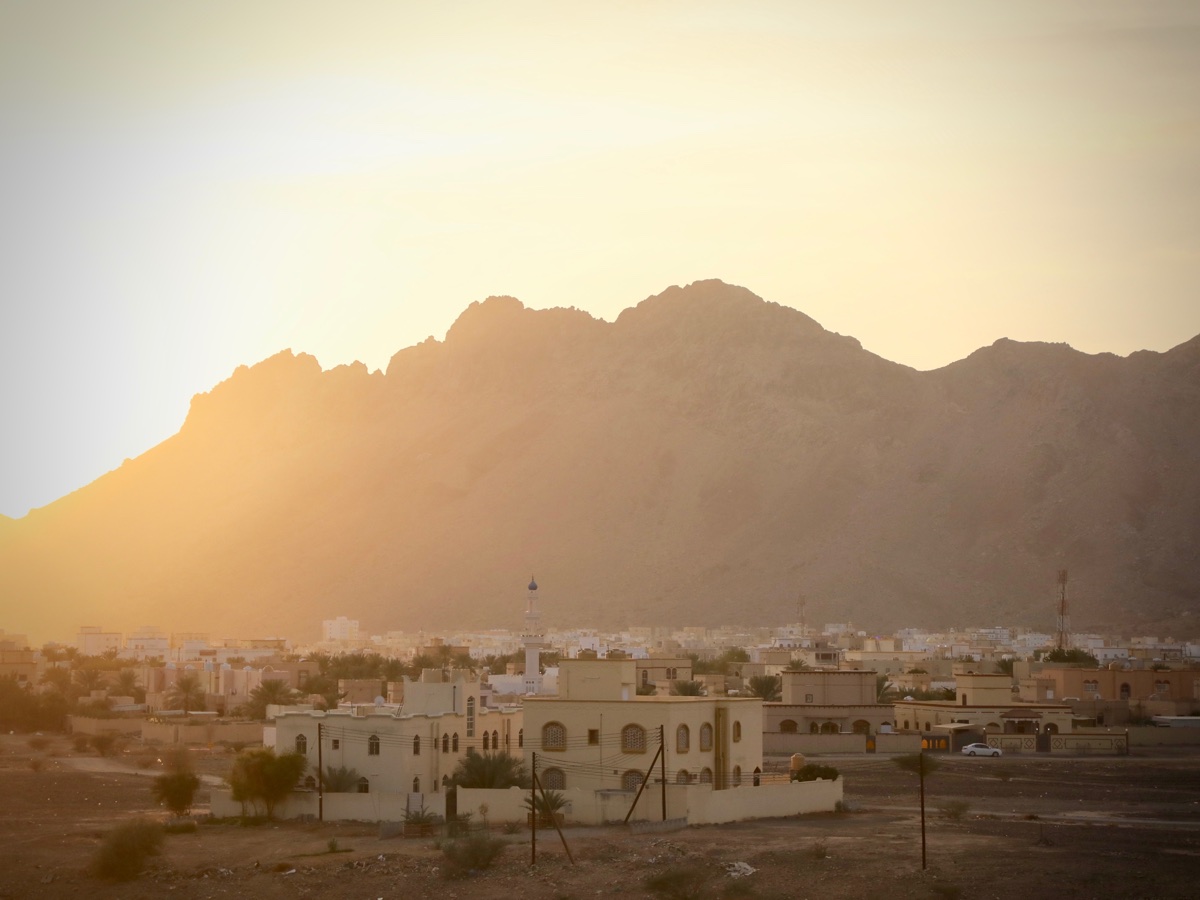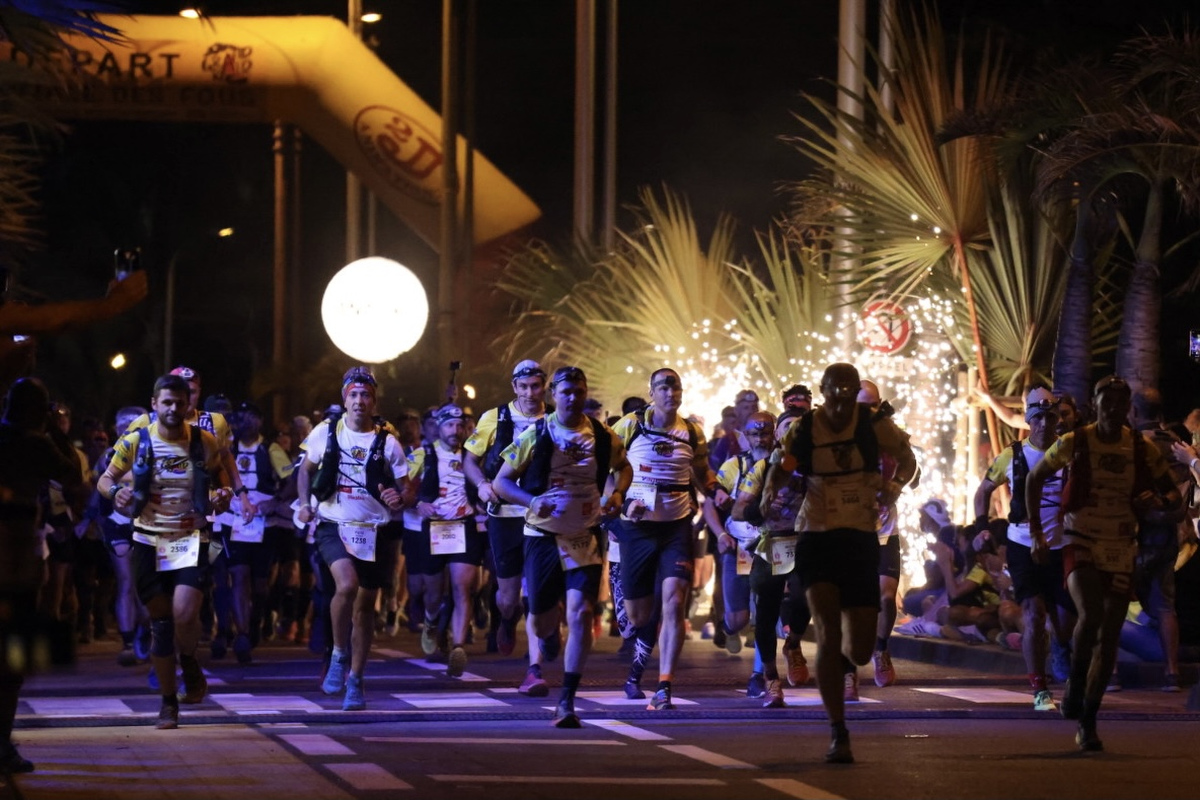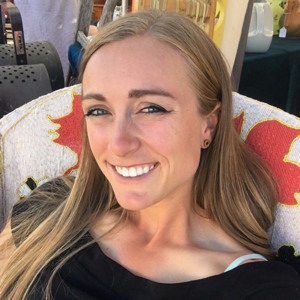It has been one year and 10 months since COVID-19-induced global travel restrictions took effect — not that we’re counting, right? Since then, our lives have changed drastically, our ability to travel curtailed and loosened with the ebbs and flows of the number of cases in a given part of the world. While we thought we were finally out of the woods this summer, autumn and winter are bringing new mutations of the coronavirus, which has brought another round of travel and racing restrictions.
While many races in North America and Europe did take place in 2021, they were with considerable rules and regulations to minimize the chance of COVID-19 infection during the events.
Meanwhile, other nations are still struggling to bring in athletes for national and/or international events due to vaccine access, quarantine requirements, or travel bans, considering both restrictions in host country nations, as well as giving runners from around the world fair and equal access to race.
We thought it might be interesting to check in at a couple of races and with a couple of people around the world to see what’s currently happening in the world of COVID-19 and our sports of trail running and ultrarunning.
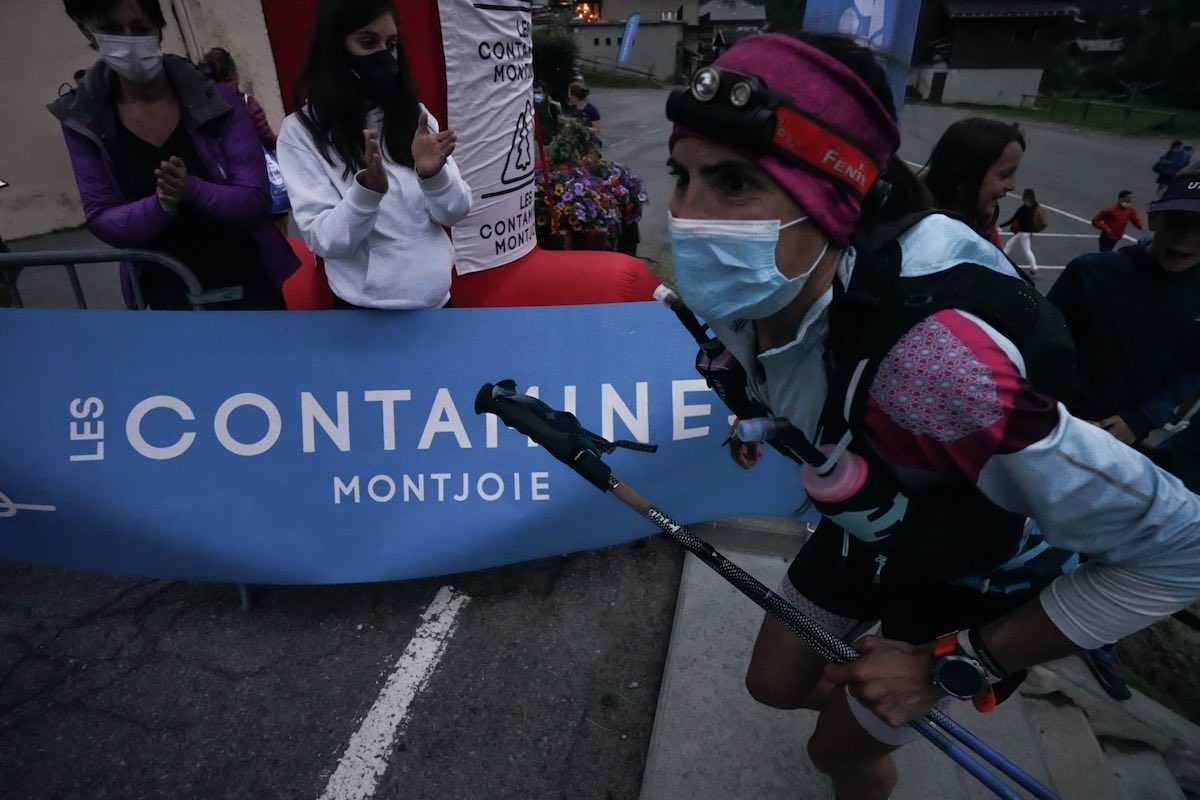
Maite Maiora leaving an aid station at the 2021 UTMB in Europe while respecting COVID-19 protocols — a major race regulation that was necessary for all. Photo: Ben Clark
Recent COVID-19-Related Race Changes
To only list a few examples, the World Mountain and Trail Running Championships, already rescheduled from November 2021 to February 2022 in Thailand, have been rescheduled once again to November 2022. Race organizers and governing bodies just could not guarantee fair access to Thailand for all federations.
Oman by UTMB was canceled in 2020 due to COVID-19, and once again this year, though other “by UTMB” races are taking place, including Thailand by UTMB this weekend. This event will have the restrictions that we now seem to have comfortably accepted: wearing masks at the start and in crowds, no self-service at aid stations, and potential staggered starts. Race organizers, however, offered runners a 100% refund or rollover if an athlete cannot attend for any COVID-19-related reason.
Tarawera Ultramarathon by UTMB is still a go for February 2022. However, because entry into New Zealand is still currently closed to all international travelers, the race will be limited to only local participants for the second year in a row. Athletes already registered will not be given a refund, but have the option to roll over to the following year; in the event it is canceled, runners will be automatically rolled over.
Some races take place in nations that rely heavily on tourism to bolster their economy, including the Madeira Island Ultra-Trail on the Portuguese island of Madeira. The 2021 race did take place last month, rescheduled from its typical April race date.
Race director Sidónio Freitas spoke to the requirements of not only runners, but crew members and volunteers as well: “Runners had to do the [antigen] test at race headquarters before heading to the check-in. Volunteers could do the test in two other places. [The test was required] 24 to 48 hours before the race began; no one was exempt from taking the test.”
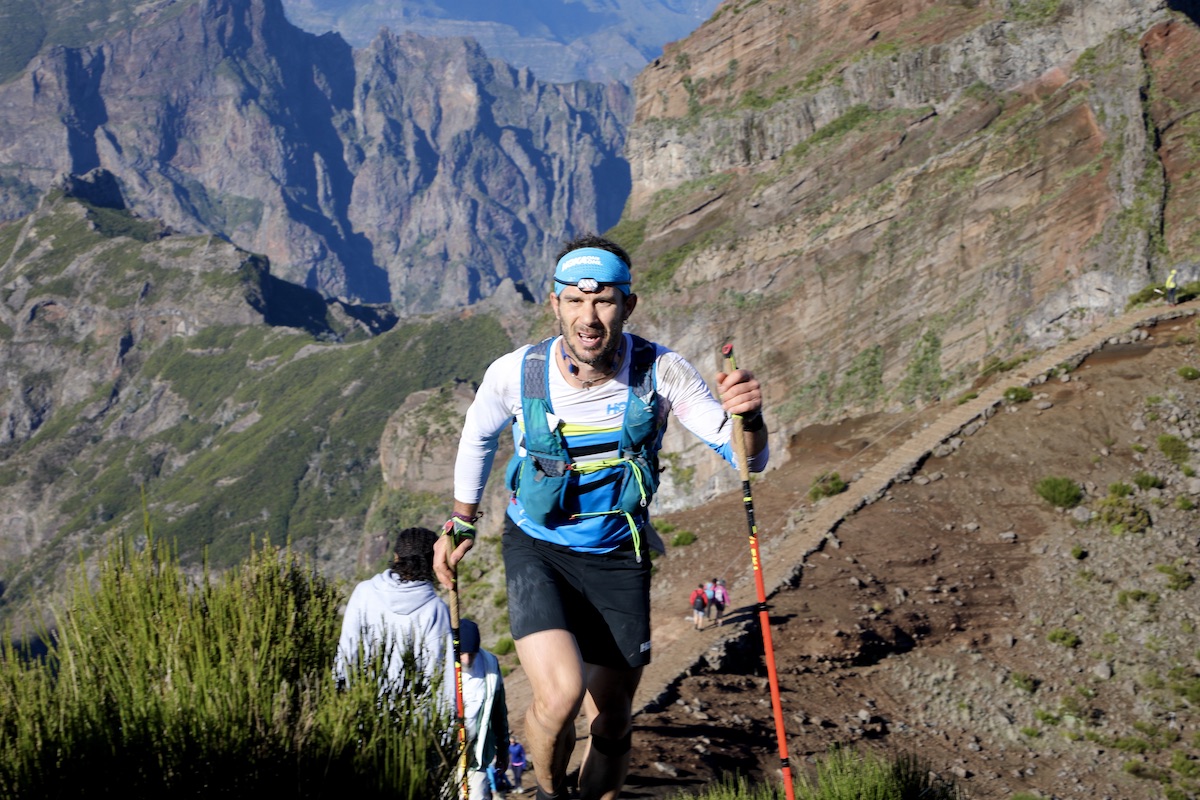
Jean-Philippe Tschumi puts in the effort during a big climb on the Madeira Island Ultra-Trail course on November 20, 2021. Photo: iRunFar/Bryon Powell
Racing has quite recently started again in many places in Canada, and Ultra-Trail Harricana, a remote race in the wilderness of Quebec, did take place. Additional restrictions included runners having a maximum of two crew members, signing a COVID-19 release of liability form, and wearing a mask and washing their hands before riding the shuttle to the start.
The Effects of COVID-19 on Traveling Runners
The rise of COVID-19 variants and their continued infiltration of our world not only affects races, but individuals as well. Ruth Croft, hoping to return home to New Zealand from months abroad for training and racing, was subject to government quarantine when she arrived in the country. She recently posted on her Instagram taking her allowed 30-minute, walking-only, daily outdoor time during that quarantine.
View this post on Instagram
Canadian ultrarunners Remi Poitras and Jean-Francois Cauchon were briefly stranded in South Africa after the Omicron variant rose up literally during the Ultra-Trail Cape Town and travel bans came into effect.
Dylan Bowman shared his experience with the COVID-19 precautions at Diagonale Des Fous, which takes place on the French department of Réunion Island, with iRunFar, “Navigating the COVID-19 restrictions was pretty straightforward. I got a negative PCR test prior to departure that I had to show before my flight to Paris, France. Once I got to Réunion Island, it was about the same as here in the USA. We wore masks inside, most people were vaccinated, and we generally felt safe.
“The major difference was that we had to show proof of vaccination to go into most restaurants, which we haven’t had to do where I live in Portland, Oregon. I had to get a rapid test in Paris before boarding the flight home, which we did at a standard pharmacy. These were simple, minor inconveniences for the ability to be out in the world again.”
While we’d like to think that heading into year three of the pandemic, things are going back to the way they were before. However, it is more likely, with a new mutation of the virus popping up every few months, that this may be our normal for the foreseeable future.
Call for Comments
Leave a comment to share some of the COVID-19-related adaptations you’ve experienced in your traveling and racing in 2021.
